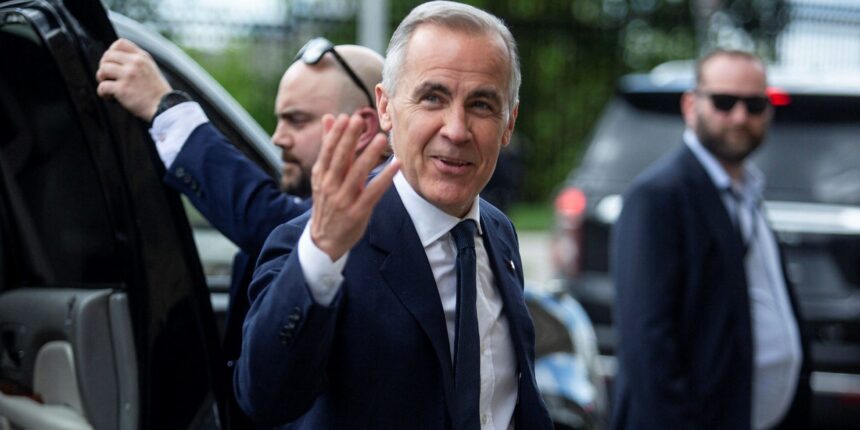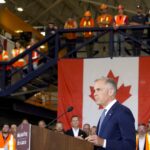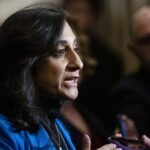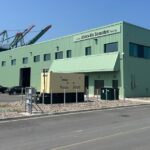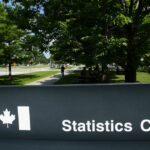As the dust settles on Parliament Hill for the summer recess, political attention shifts westward to Alberta, where the legendary Calgary Stampede is once again poised to become a crucial arena for political networking and fundraising. This year’s event carries particular significance as Mark Carney, the former Bank of Canada governor and potential Liberal leadership contender, prepares to host a high-profile fundraiser against the backdrop of the “Greatest Outdoor Show on Earth.”
The Stampede, running from July 5-14, has long transcended its rodeo origins to become an essential stop on Canada’s political circuit. Politicians trade their formal attire for western gear—complete with the obligatory cowboy hats and boots—in an annual tradition that combines policy discussions with pancake breakfasts and rodeo events.
“The Calgary Stampede represents a unique convergence of cultural celebration and political strategy,” explains Dr. Melissa Thornton, political scientist at the University of Calgary. “What began as a western heritage festival has evolved into a critical platform where political figures can connect with Albertans in a more relaxed setting while still advancing their agendas.”
Carney’s upcoming fundraiser, themed “Stampede Roundup,” has attracted considerable attention within Canadian political circles. The former central banker, who has neither confirmed nor denied his political ambitions, will be joined by several Liberal cabinet ministers and prominent business leaders at the event held at the iconic Palliser Hotel.
The timing is particularly noteworthy as the Liberal Party faces growing challenges in Western Canada, where support has waned significantly since 2019. Recent polling from the Canadian Institute for Political Research shows Liberal support in Alberta hovering at just 17 percent, while Conservative support remains strong at 62 percent.
“For Carney, this represents more than just a fundraiser—it’s an opportunity to test political waters in traditionally conservative territory,” notes James Richardson, senior political analyst at CO24. “His background in finance and climate policy could potentially resonate with Alberta’s evolving economic concerns as the province navigates energy transition challenges.”
Conservative Party leader Pierre Poilievre will also maintain the party’s strong Stampede presence, hosting his traditional breakfast event and meeting with energy sector leaders. The NDP and other parties have similarly announced Stampede-related activities, underscoring the event’s political importance.
Beyond the high-profile gatherings, the Stampede also facilitates crucial behind-the-scenes meetings between political figures and key stakeholders in Alberta’s business community. Energy policy, agricultural concerns, and economic diversification are expected to dominate many of these discussions.
“The informal atmosphere creates opportunities for candid conversations that might not happen in more official settings,” explains Patricia Schultz, CEO of the Calgary Chamber of Commerce. “While most attention focuses on the photo ops with leaders flipping pancakes, the real substance often emerges in private meetings throughout the ten-day festival.”
For everyday Albertans, the political dimension adds another layer to an already multifaceted celebration. While some welcome the attention from national leaders, others express frustration at what they perceive as superficial engagement.
“They show up once a year in borrowed Stetsons, pretend to understand our concerns, then disappear until next July,” remarks Frank Cunningham, a third-generation Calgary rancher. “We need sustained attention to Alberta’s challenges, not just Stampede week platitudes.”
As Canadians from coast to coast watch these political maneuvers unfold against a backdrop of rodeo competitions and midway attractions, one question remains particularly relevant: In a political landscape increasingly defined by regional divisions, can these western-themed gatherings foster meaningful dialogue, or do they merely reinforce the performative nature of contemporary Canadian politics?

